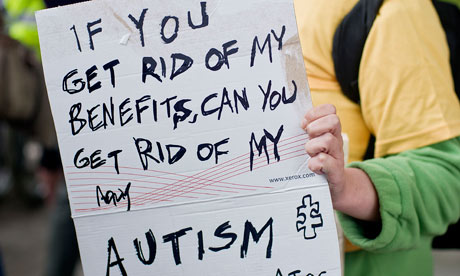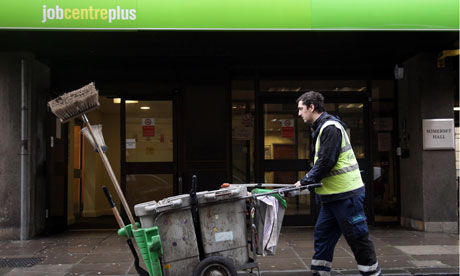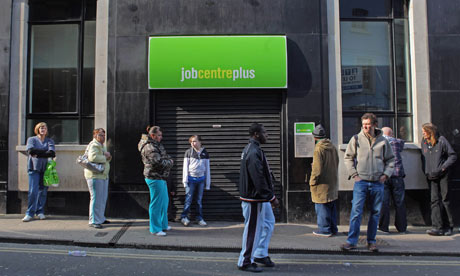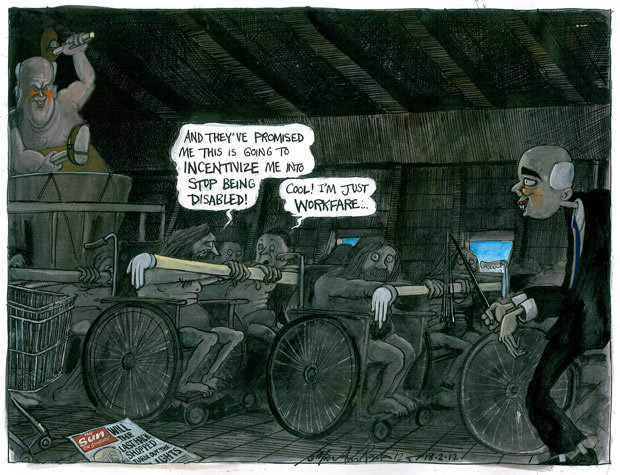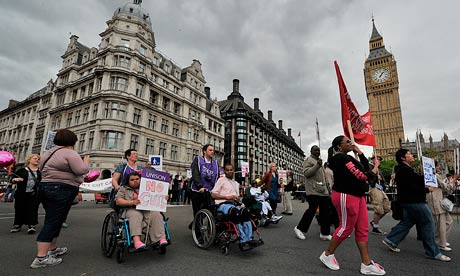
All benefit sanctions on the government's work-experience scheme are to be dropped by the Department for Work and Pensions (DWP) following meetings between ministers and employers.
The news was conveyed by Anne Marie Carrie, chief executive of Barnardo's and one of the employers present at the 90-minute meeting between the employment minister, Chris Grayling, and more than 50 firms involved in the scheme.
They had met to seek reassurances that the government was not seeking to force young unemployed people into work-experience schemes.
The government says the scheme is voluntary and gives unemployed people eight weeks' work experience. But participants can lose two weeks' jobseeker's allowance if they leave for no reason after more than a week on the scheme.
There have also been suggestions that some jobcentre staff do not make it clear that participation in the scheme is voluntary.
The removal of the sanction after one week was a key demand of employers, some of whom said they would withdraw from the scheme unless reforms were made.
Full article HERE
I suppose it's time for a mild celebration here, since we can now safely go back to business and not fret about going hungry if we get placed into a Work Experience scheme that actually offers nothing to us.
I've ranted and raved enough about how terrible this scheme was to literally fill up a couple of blog posts, so I think I'll just let the article and the quote above fill you up with the joy of a progressive step towards realistic welfare reformation.
In other good news, one of the companies that I currently volunteer for is advertising a position as Community Manager which I have applied for.
This position is basically what I have been gaining experience in with both companies, so while my chances of getting the job might be slim (I'm under the assumption that the job is being advertised in many places, and is likely to have several hundred applicants, if not several thousand), I hope that I can at the very least get an interview with them and show them my worth as an employee.
Fingers crossed that I get at least an interview, or hopefully even the job.
But don't worry, this diary/blog will continue even if I do gain employment, as I feel the issue is still an important one to cover in this particular economic period.
